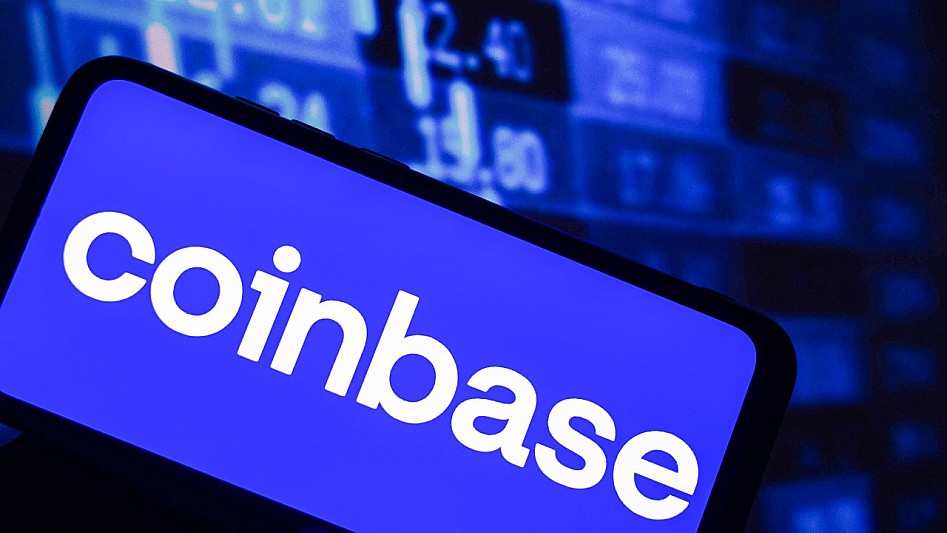Coinbase Picks Luxembourg for Its New EU Headquarters, Secures MiCA License
21.06.2025 11:00 1 min. read Alexander Stefanov
Coinbase has chosen Luxembourg as the base for its European operations after obtaining a Markets in Crypto-Assets (MiCA) license from the country’s financial regulator, the Commission de Surveillance du Secteur Financier (CSSF).
The approval allows the exchange to roll out its complete range of crypto services—trading, custody, and staking—across all 27 EU member states, reaching an estimated 450 million residents.
The San Francisco–based exchange said Luxembourg’s forward-leaning stance on digital assets made it an obvious choice. The Grand Duchy has already pushed four blockchain-focused laws through its parliament and is pursuing a “whole-of-government” strategy to support distributed-ledger technology. Coinbase described the new hub as a cornerstone of its wider European growth plan.
MiCA, passed by the European Parliament last year, establishes uniform rules for crypto companies operating in the EU, covering everything from token issuance and stablecoin reserves to wallet services and consumer protection. With its license in hand, Coinbase can now passport services throughout the single market without needing separate approvals in each country.
The move strengthens Coinbase’s presence in a region that has prioritized regulatory clarity for digital assets—an advantage the company hopes will accelerate mainstream adoption across Europe.
-
1
Top Nvidia Leaders Set to Cash Out as Stock Surges
31.05.2025 12:00 2 min. read -
2
Pump.fun Reportedly Planning Massive Token Sale Despite Revenue Drop
04.06.2025 20:00 2 min. read -
3
Brad Garlinghouse Rejects Rumors of Ripple-Circle Acquisition Deal
04.06.2025 19:00 1 min. read -
4
Changpeng Zhao Wants to Hide Your Liquidation Points — Here’s Why
03.06.2025 11:00 1 min. read -
5
S&P 500 Poised for Major Rally as AI Momentum and Technical Patterns Align
04.06.2025 15:00 1 min. read
Circle and Coinbase Stocks Surge as U.S. Senate Passes Historic Stablecoin Bill
Crypto markets welcomed a major policy breakthrough this week as the U.S. Senate passed the GENIUS Act, a bill designed to regulate stablecoins across the country.
Crypto Market May Be in Early Stages of Multi-Year Rally, Says Real Vision CEO
The current trajectory of the crypto market may be unfolding in a way that echoes the early stages of 2017, according to Real Vision CEO Raoul Pal.
Reddit Might Embrace Worldcoin’s Iris Scan to Verify Users Without Doxxing
Reddit is reportedly in talks to integrate World ID, a biometric identity system developed by Tools for Humanity, the startup backed by OpenAI’s Sam Altman.
Tether Now Among World’s Largest Holders of U.S. Treasuries, CEO Says
Tether’s CEO Paolo Ardoino claims the stablecoin giant has become one of the biggest holders of U.S. Treasuries globally, further highlighting the growing role of digital assets in international finance.
-
1
Top Nvidia Leaders Set to Cash Out as Stock Surges
31.05.2025 12:00 2 min. read -
2
Pump.fun Reportedly Planning Massive Token Sale Despite Revenue Drop
04.06.2025 20:00 2 min. read -
3
Brad Garlinghouse Rejects Rumors of Ripple-Circle Acquisition Deal
04.06.2025 19:00 1 min. read -
4
Changpeng Zhao Wants to Hide Your Liquidation Points — Here’s Why
03.06.2025 11:00 1 min. read -
5
S&P 500 Poised for Major Rally as AI Momentum and Technical Patterns Align
04.06.2025 15:00 1 min. read


